- Empty cart.
- Continue Shopping
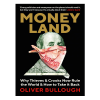
₨1,450.00
Add to cartMoneyland by Oliver Bullough
₨1,450.00
304 pages
Pdf Printed Book (Black & White)
Delivery All Over Pakistan Charges Will Apply.
Title May Be Different.
Due to constant currency fluctuation, prices are subject to change with or without notice.
Description:
From ruined towns on the edge of Siberia, to Bond-villain lairs in Knightsbridge and Manhattan, something has gone wrong with the workings of the world.
Once upon a time, if an official stole money, there wasn’t much he could do with it. He could buy himself a new car or build himself a nice house or give it to his friends and family, but that was about it. If he kept stealing, the money would just pile up in his house until he had no rooms left to put it in, or it was eaten by mice.
And then some bankers in London had a bright idea.
Join the investigative journalist Oliver Bullough on a journey into Moneyland – the secret country of the lawless, stateless superrich.
Learn how the institutions of Europe and the United States have become money-laundering operations, undermining the foundations of Western stability. Discover the true cost of being open for business no matter how corrupt and dangerous the customer. Meet the kleptocrats. Meet their awful children. And find out how heroic activists around the world are fighting back.
This is the story of wealth and power in the 21st century. It isn’t too late to change it.
About The Author:
I moved to Russia in 1999, after growing up in mid-Wales and studying at Oxford University. I had no particular plan, beyond a desire to learn Russian, but got a job at a local magazine and realised I liked finding things out and writing about them.
The next year I moved to Bishkek, Kyrgyzstan, then joined Reuters news agency, which sent me to Moscow. The first major story I reported on was the Moscow theatre siege of 2002, when a group of Chechens seized a theatre in the capital.
It both horrified and fascinated me, and I resolved to find out as much as I could about Chechnya and the North Caucasus, to try to understand the roots of the conflict that had burst so unexpectedly into my life. I travelled extensively in the mountains that form Russia’s southern border, falling in love with the scenery, the food and above all the warm and welcoming people.
When I left Russia in 2006, I was exhausted by it, however. I had seen too much misery and never wanted to write about Chechnya again. But I had promised to give a talk to a society in London. After the talk, I was asked if I would ever write a book about what I had seen. I wrote down a few thoughts, took them to a friend who knew about books, and she introduced me to a publisher.
I travelled in a dozen countries to meet all the people I needed for the stories I wanted to tell, and wrote them down in Let Our Fame Be Great. Penguin published it in the UK in 2010. It won the Oxfam Emerging Writer Prize and was short-listed for the Orwell Prize, with prize judge James Naughtie calling it “an extraordinary book… a wonderful part-travelogue, part-history”. Basic Books published it in the United States, where the Overseas Press Club awarded it the Cornelius Ryan Award for “best nonfiction book on international affairs”.
After it came out, though, a number of Russian friends objected that I had made the Russians into the villains. I don’t think I did, but their complaints chewed away at me a little. Perhaps some readers had been left feeling all Russians were complicit in the crimes of their leaders. The Russians after all suffered as much as anyone at the hands of the government in Moscow.
That provoked me into writing my second book, The Last Man in Russia, which describes the struggle of a Russian to live in freedom and the efforts of Soviet officials to stop him. The life story of Father Dmitry, the Orthodox priest I chose as my central figure, seems to me to mirror the life of his whole nation, which is beset by depression and alcoholism.
Travelling to meet the people I wanted to talk to and to see the places I wanted to describe took me to the far north of Russia, to rotting gulag towns; to the west of Russia, to half-abandoned villages; and to the Ural Mountains, where the communists locked up their doughtiest opponents; and to Moscow itself, that great fat spider in the centre of its web.
I would like to write more books one day but, at the moment, I’m concentrating on my day job as Caucasus Editor for the Institute of War and Peace Reporting. I also write freelance articles and worry about the Welsh rugby team.


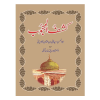



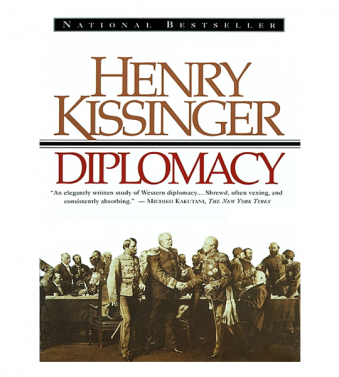


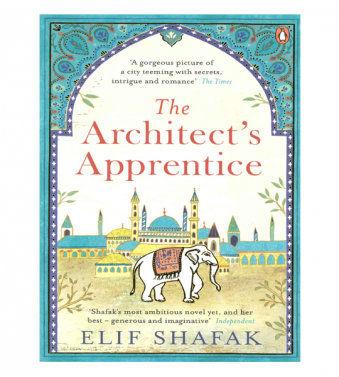
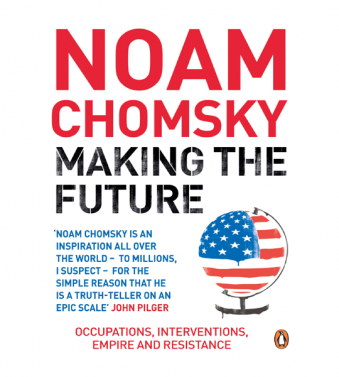
Reviews
There are no reviews yet.